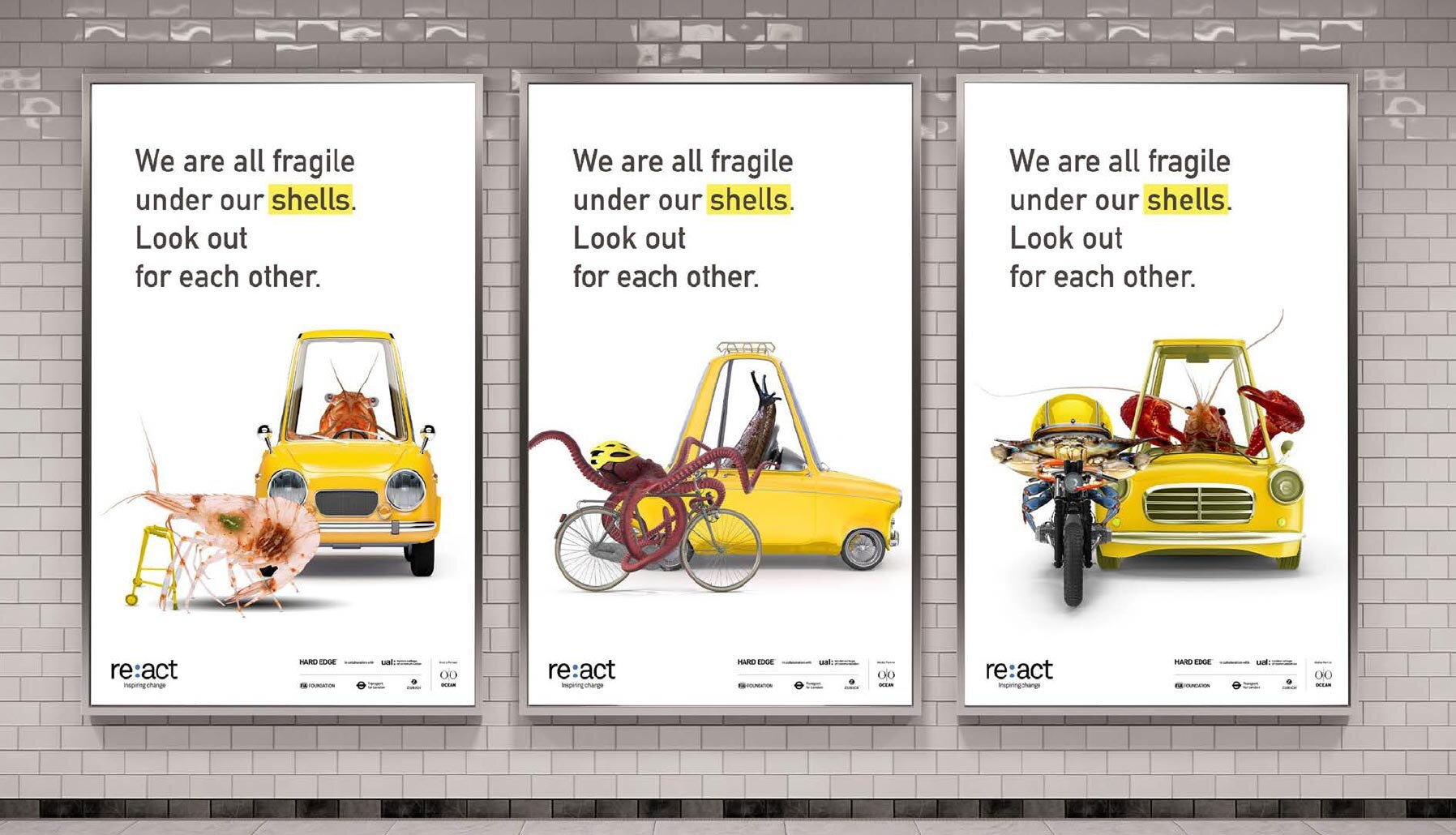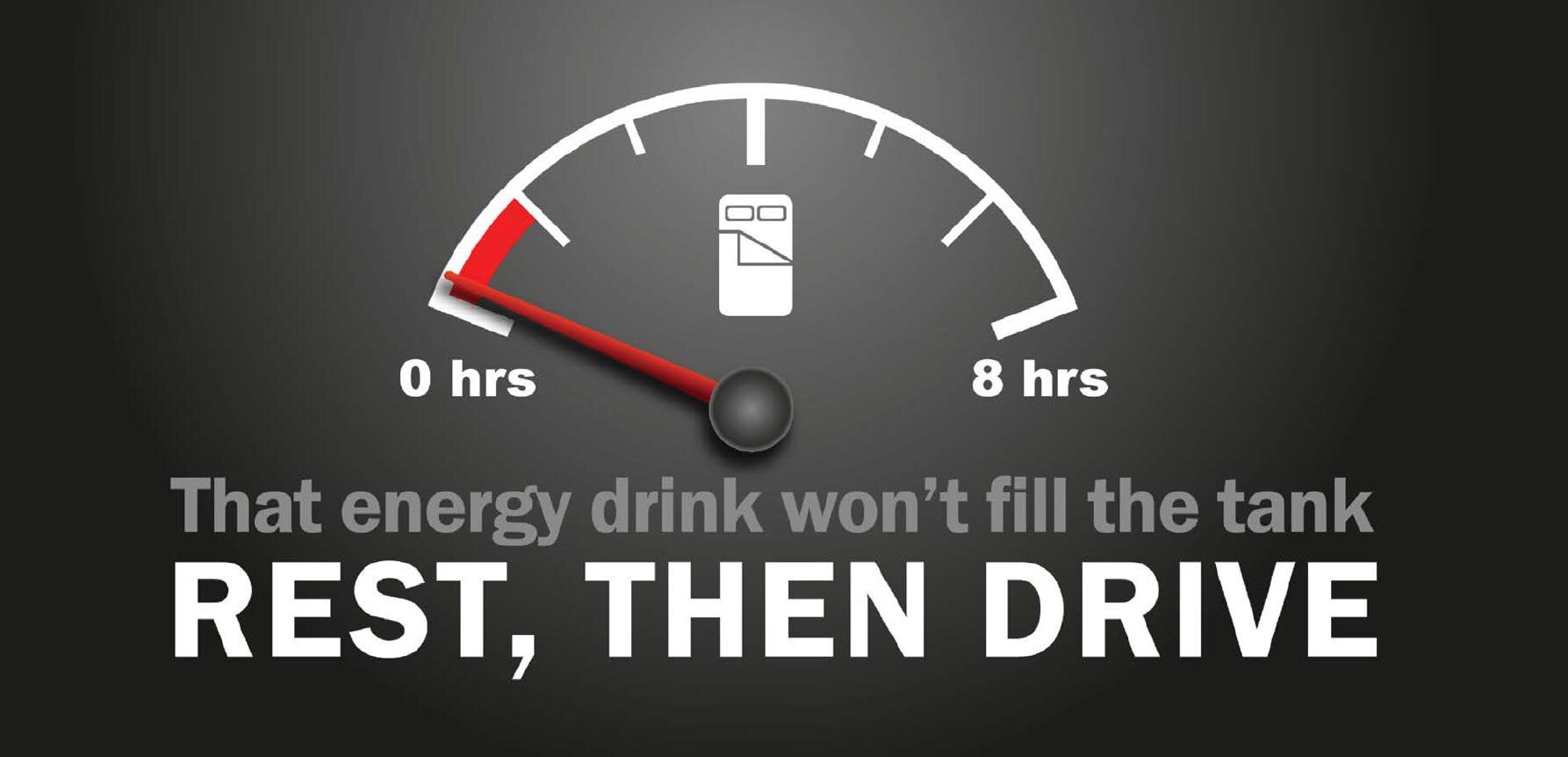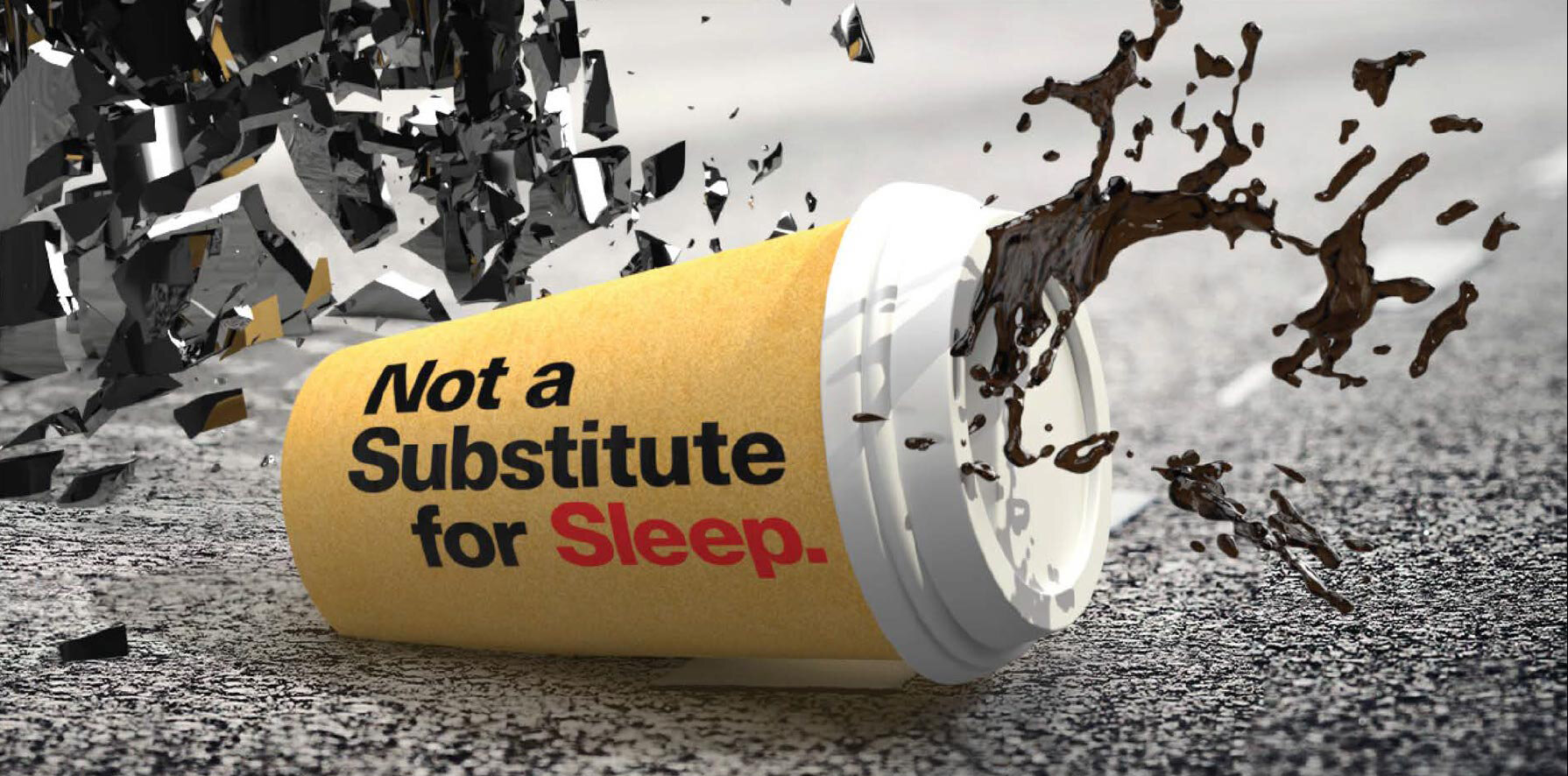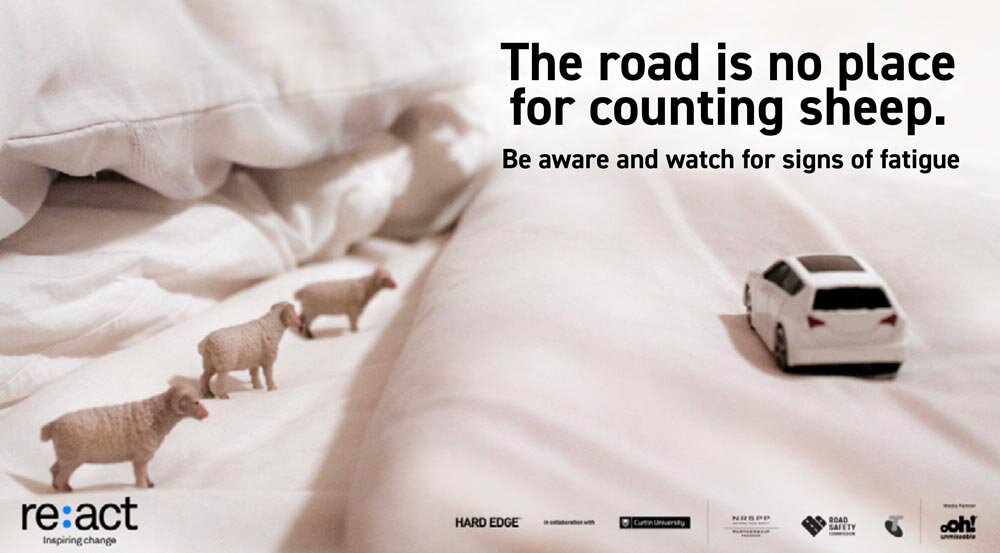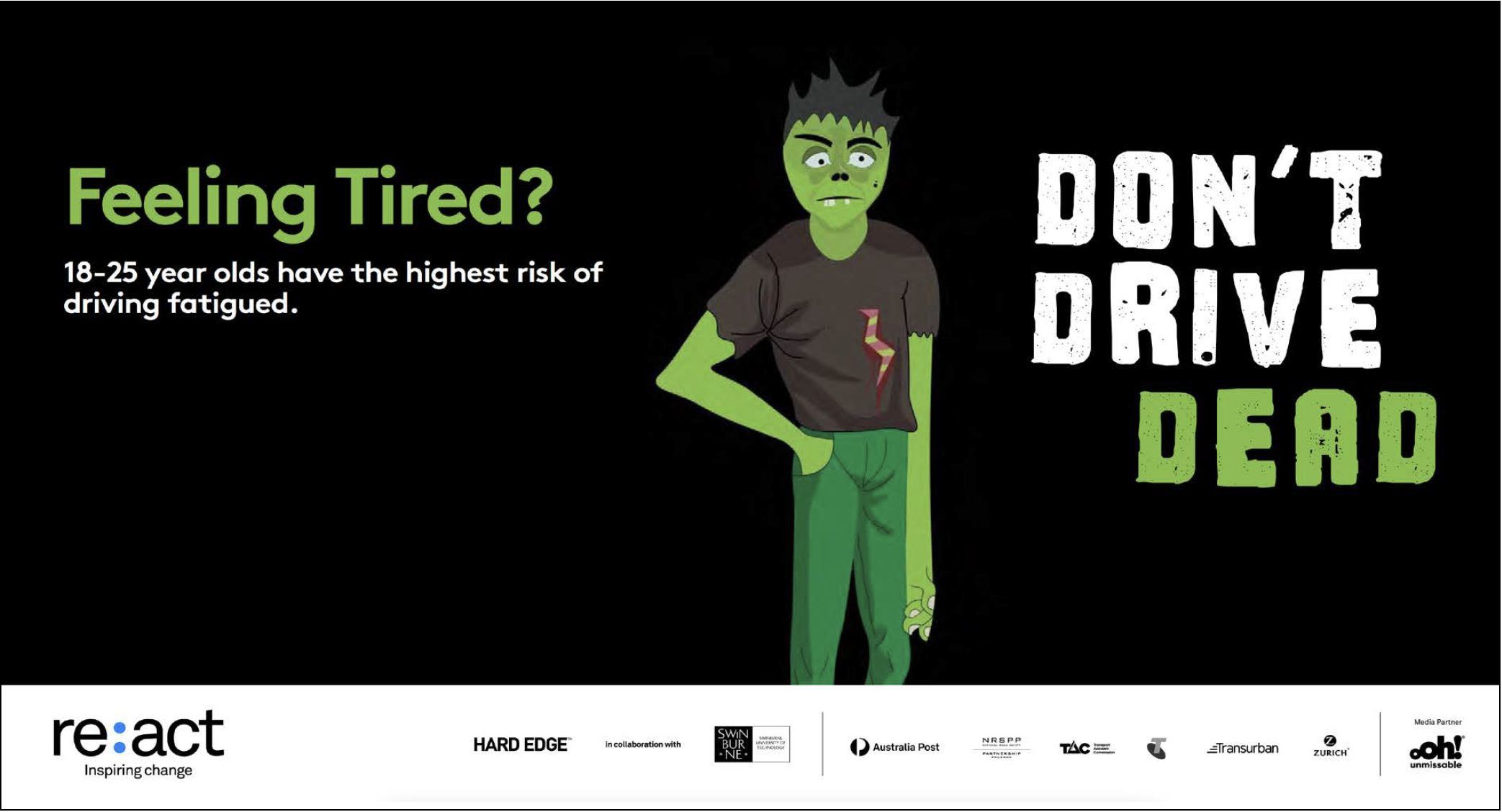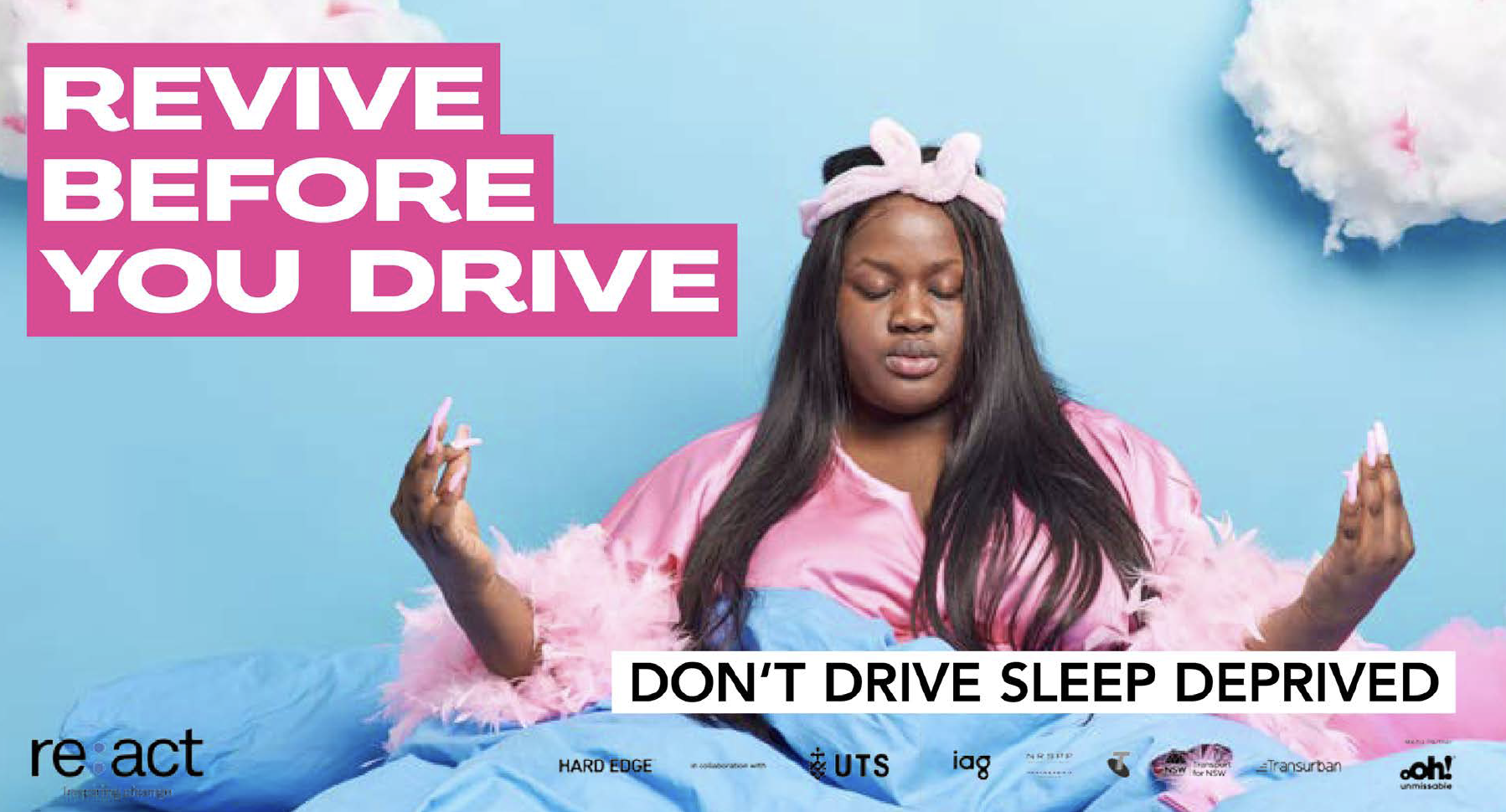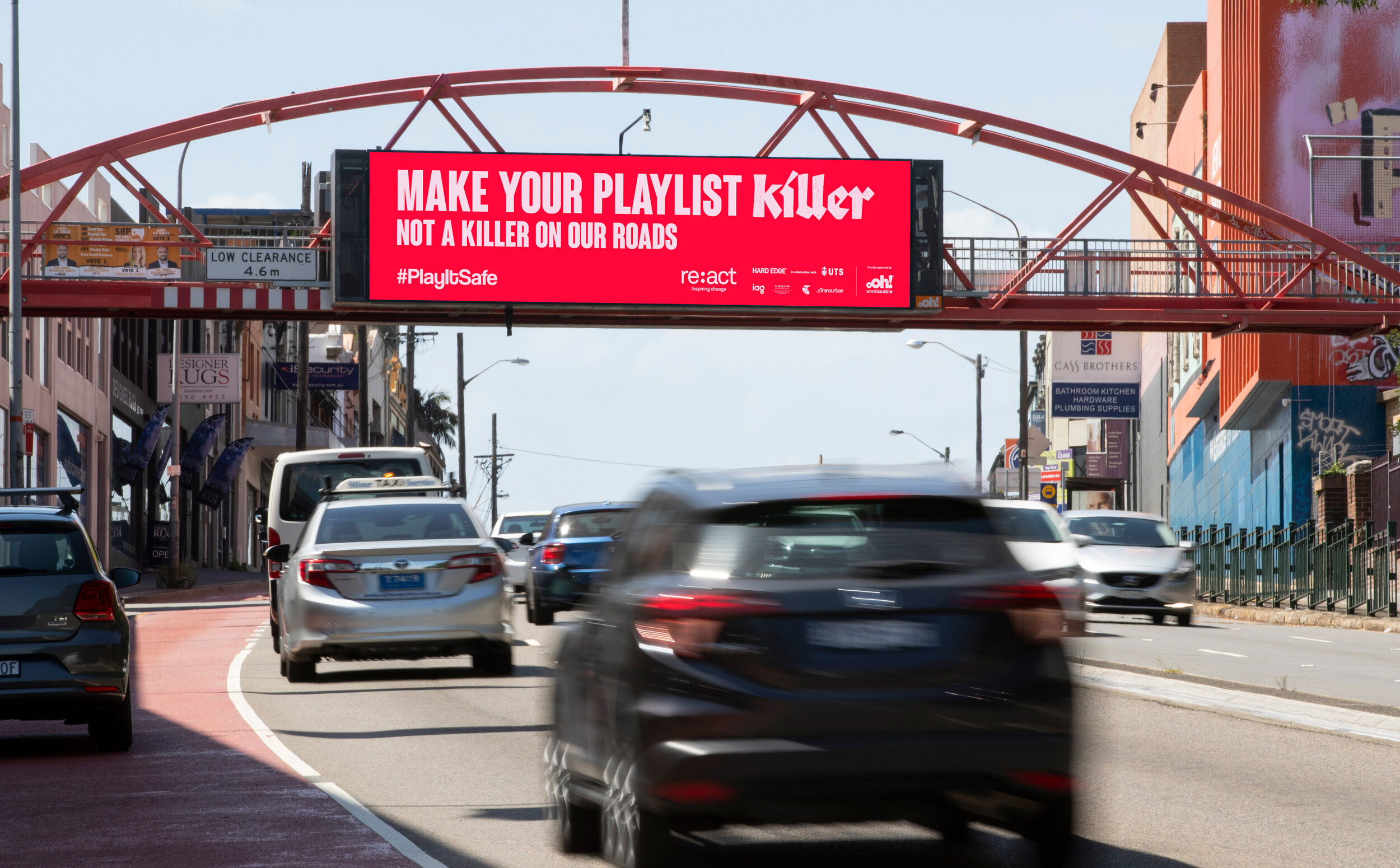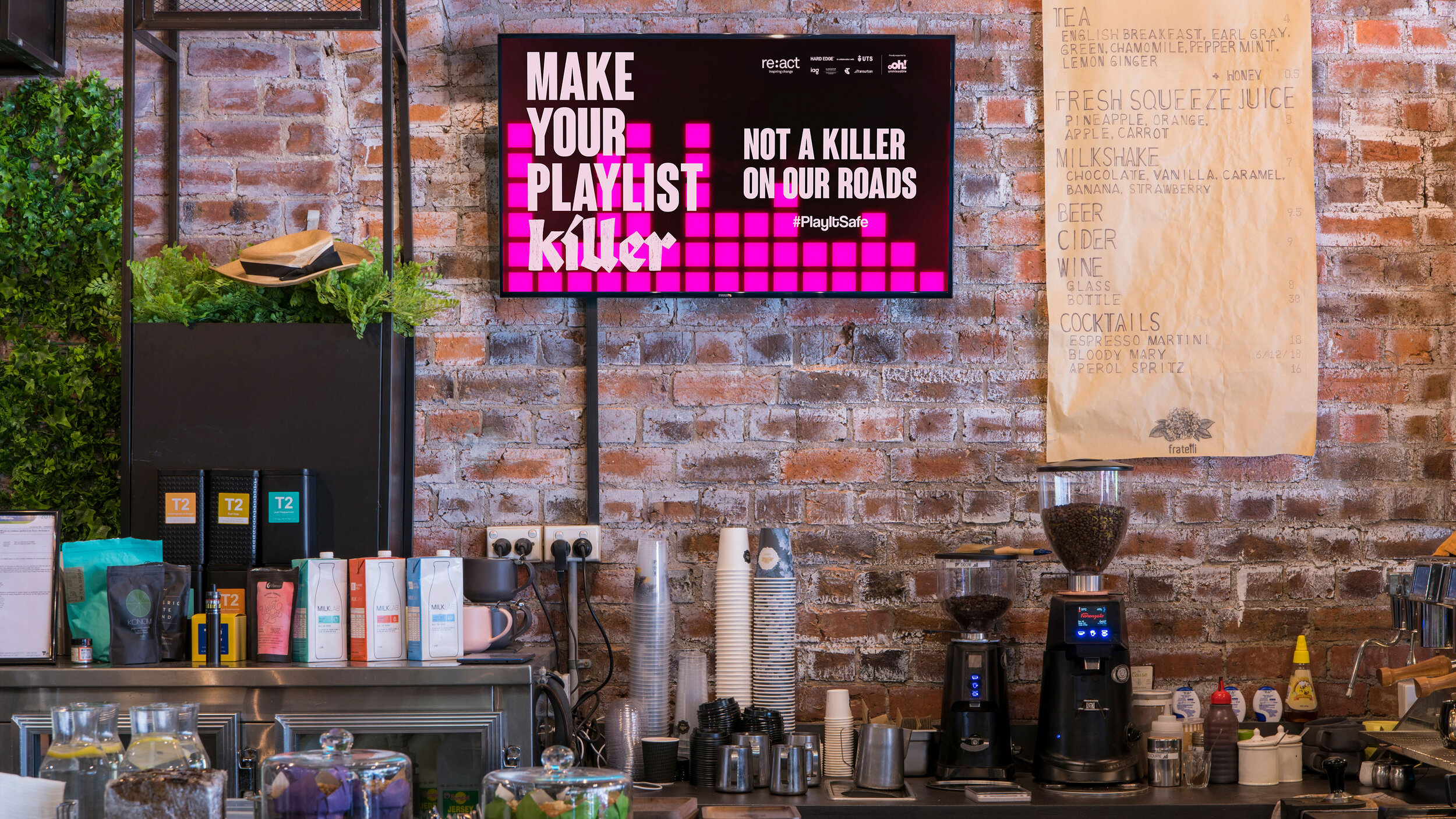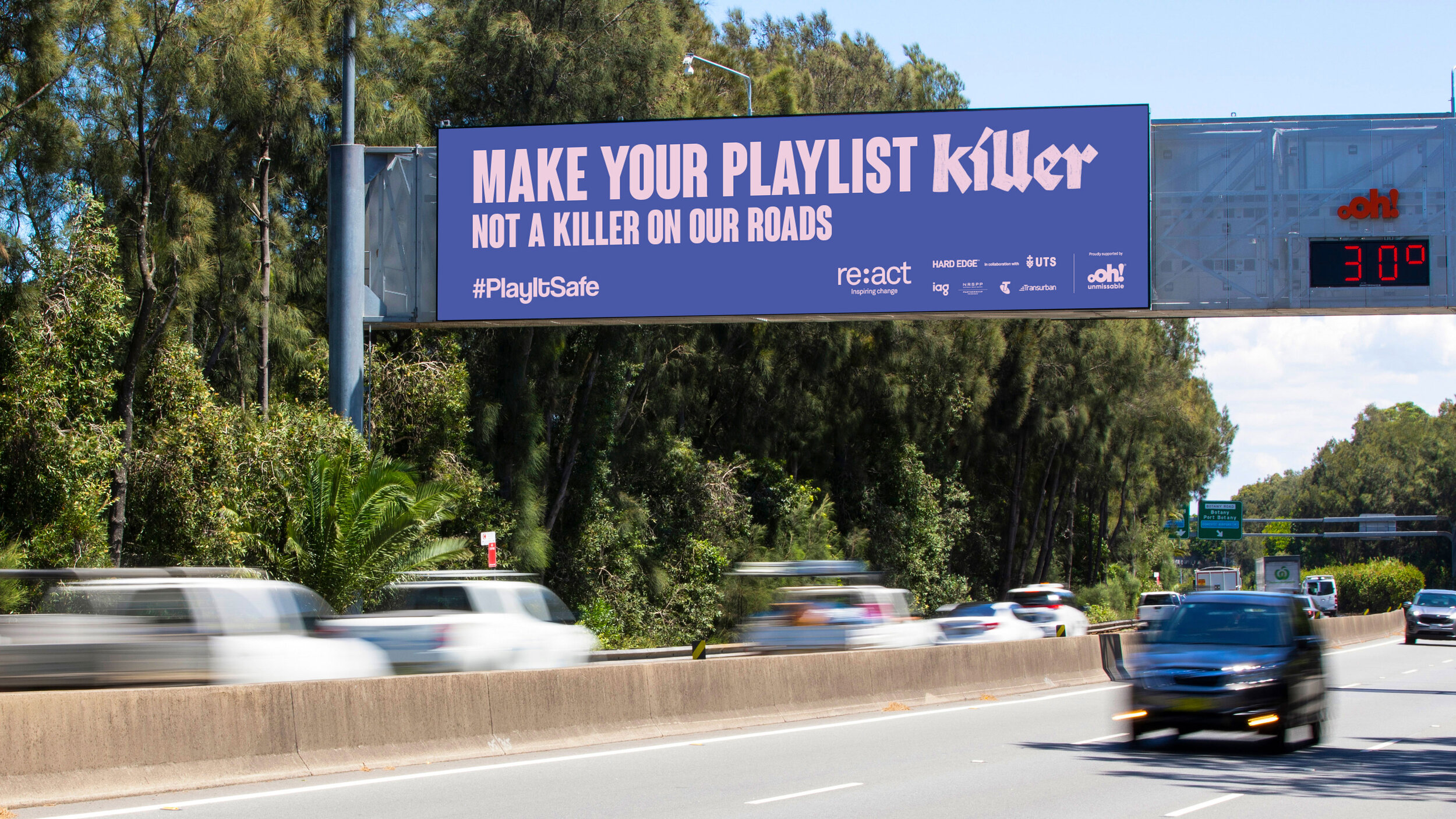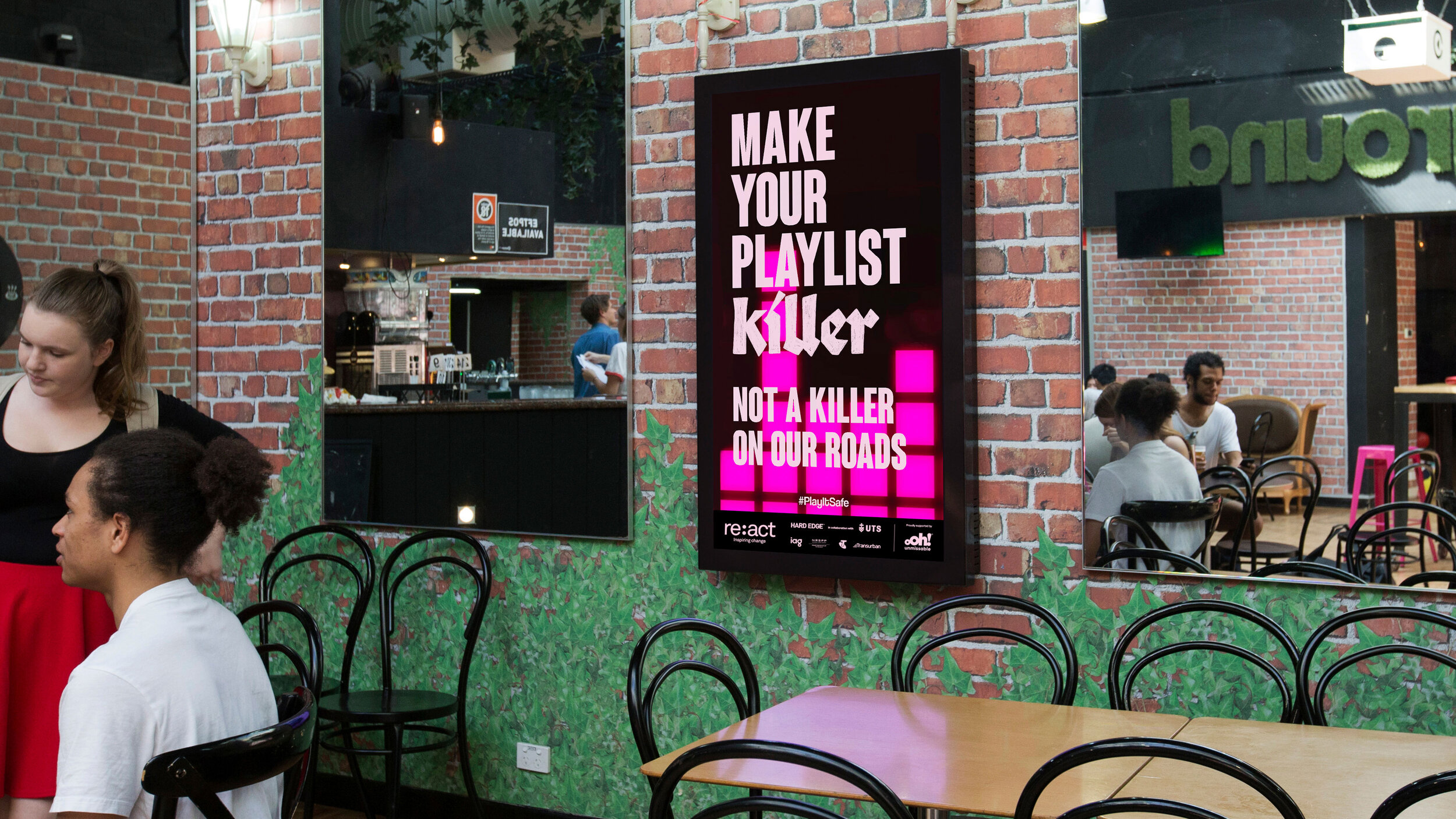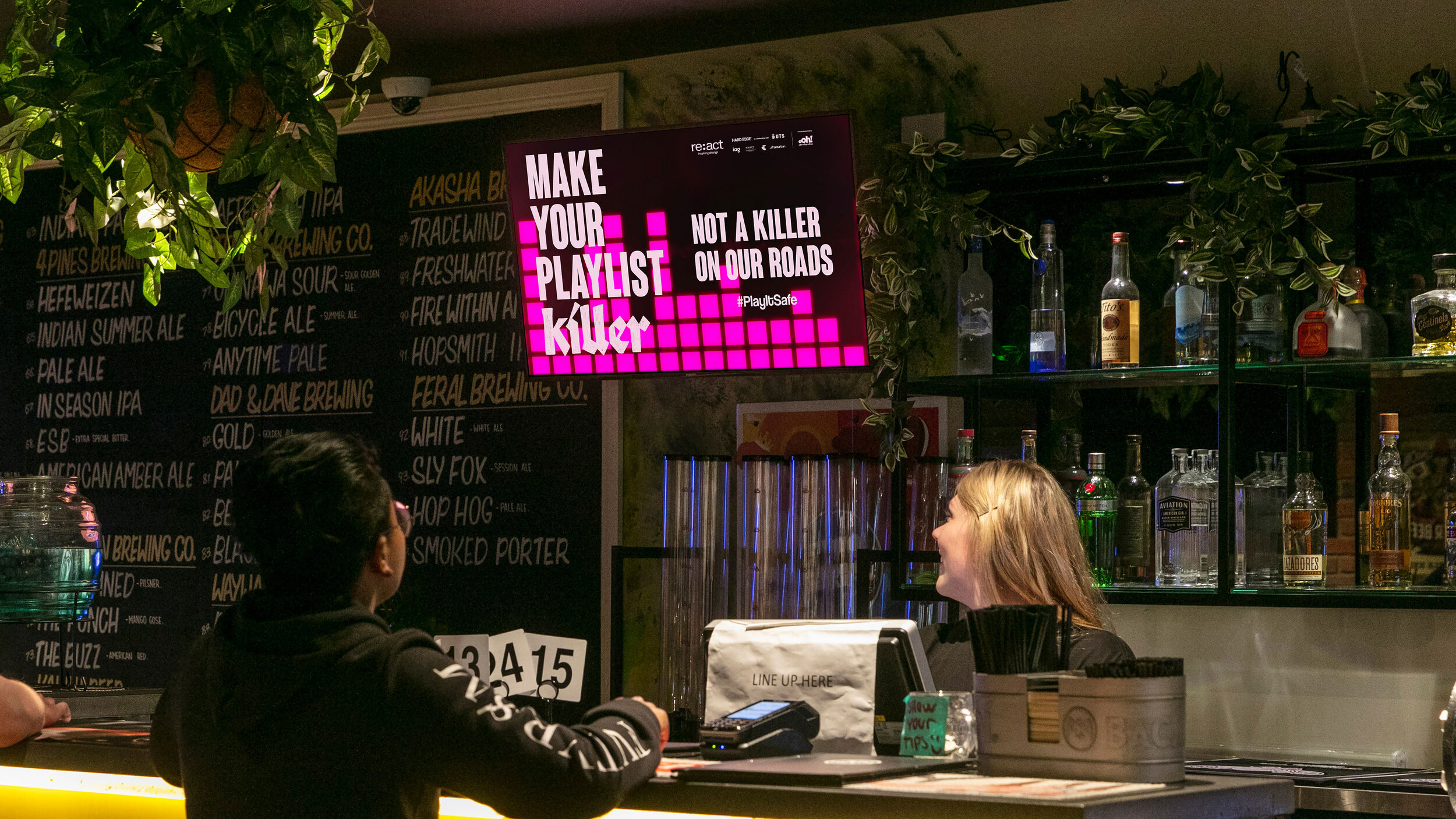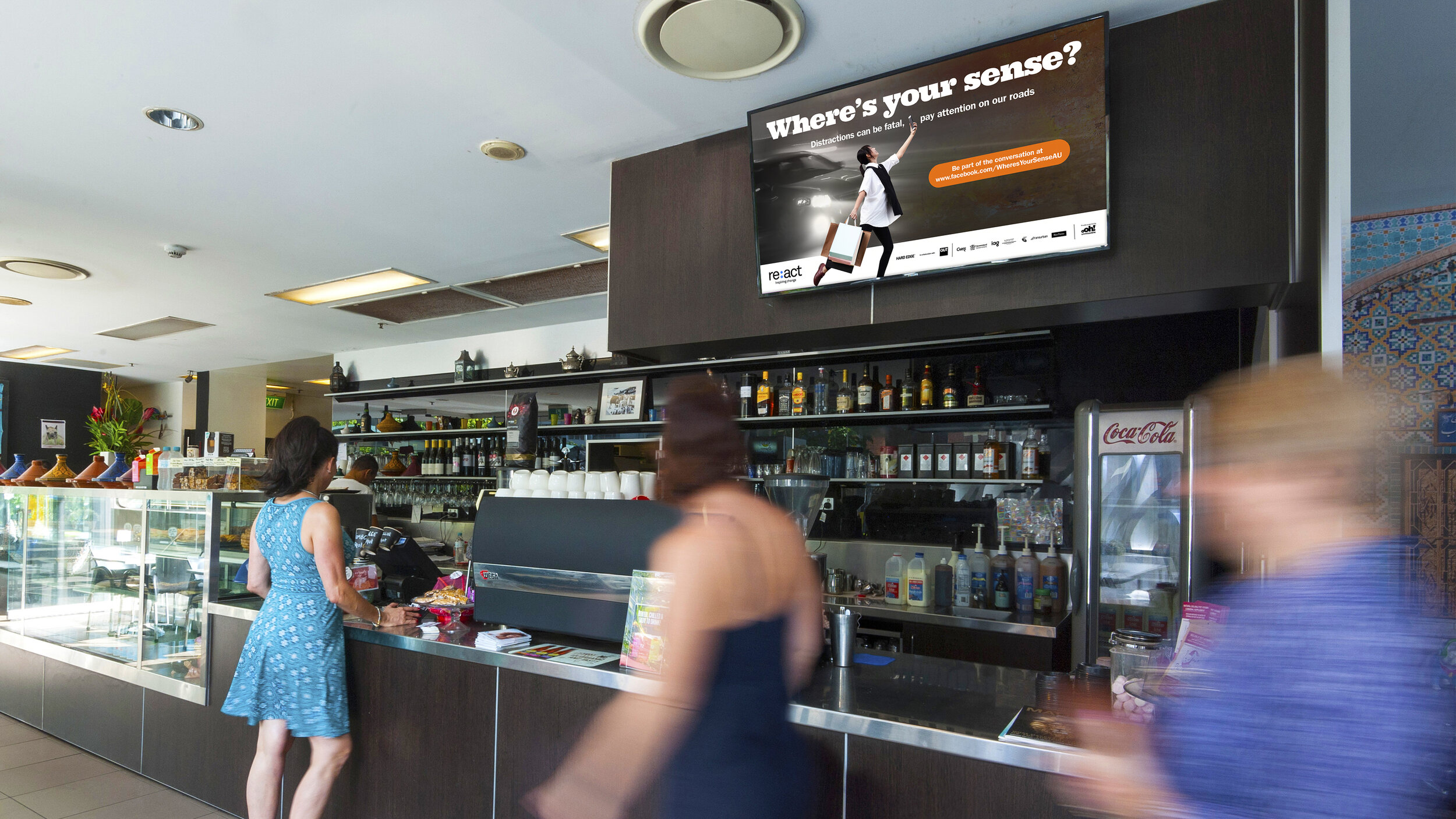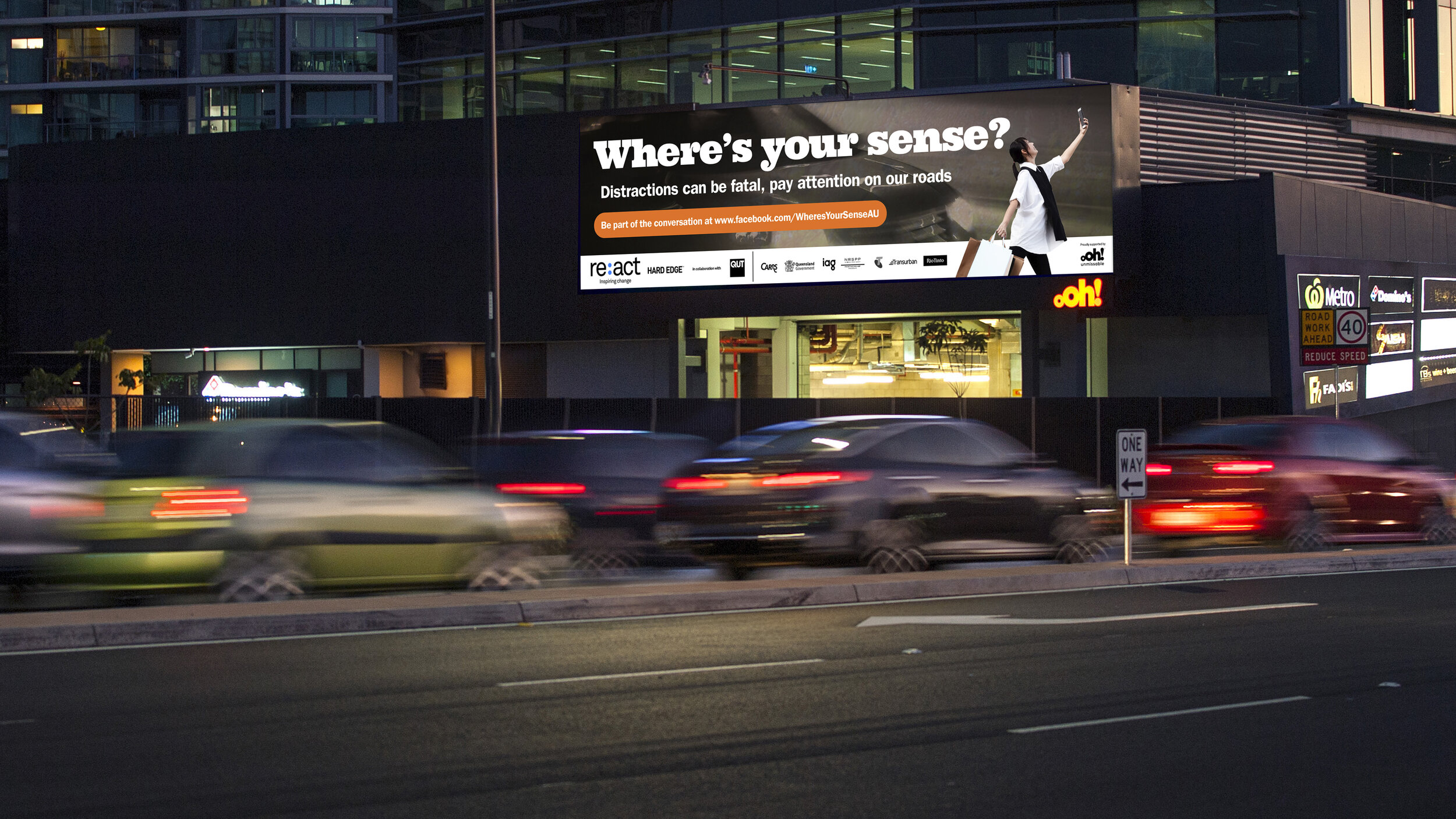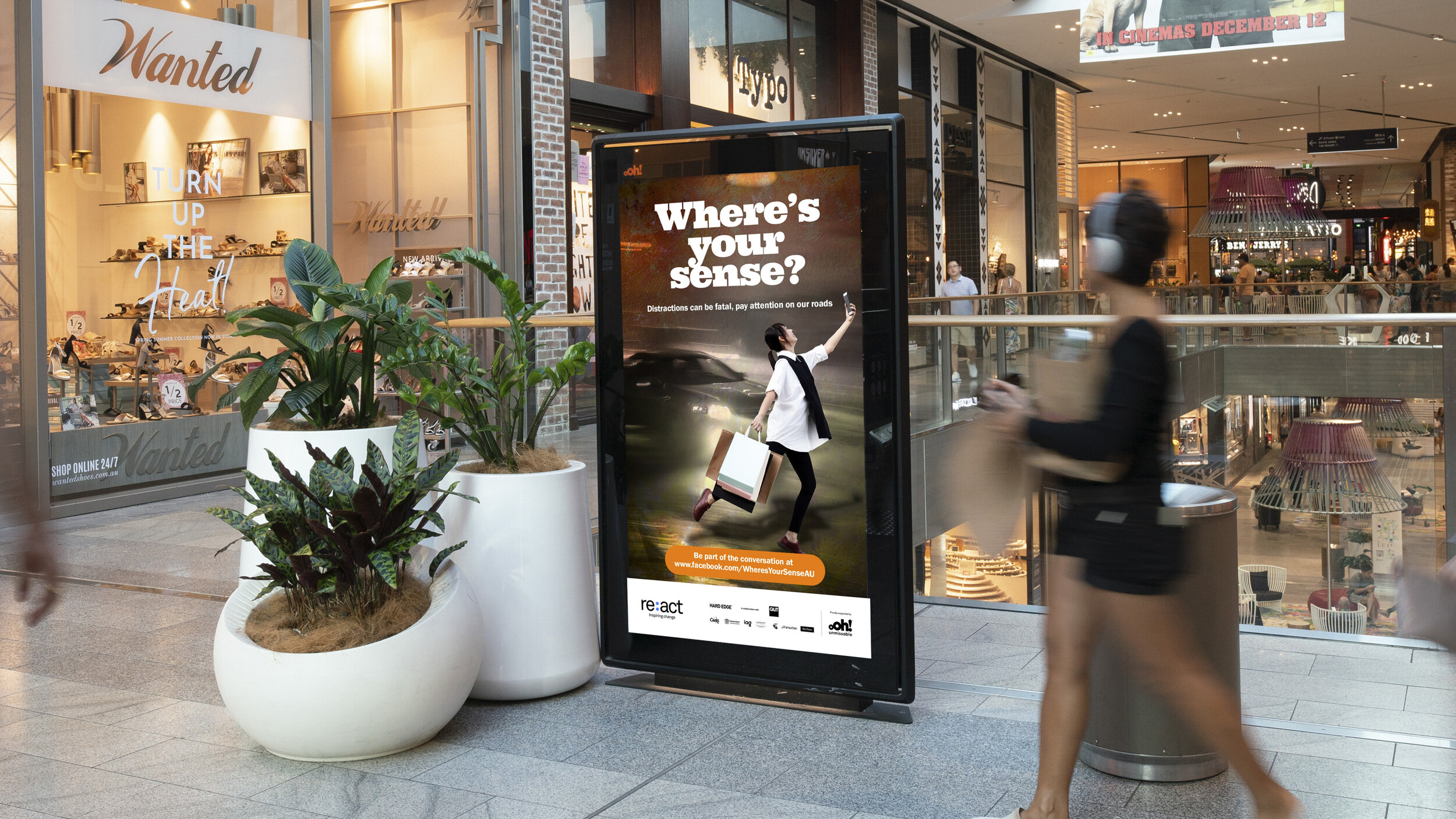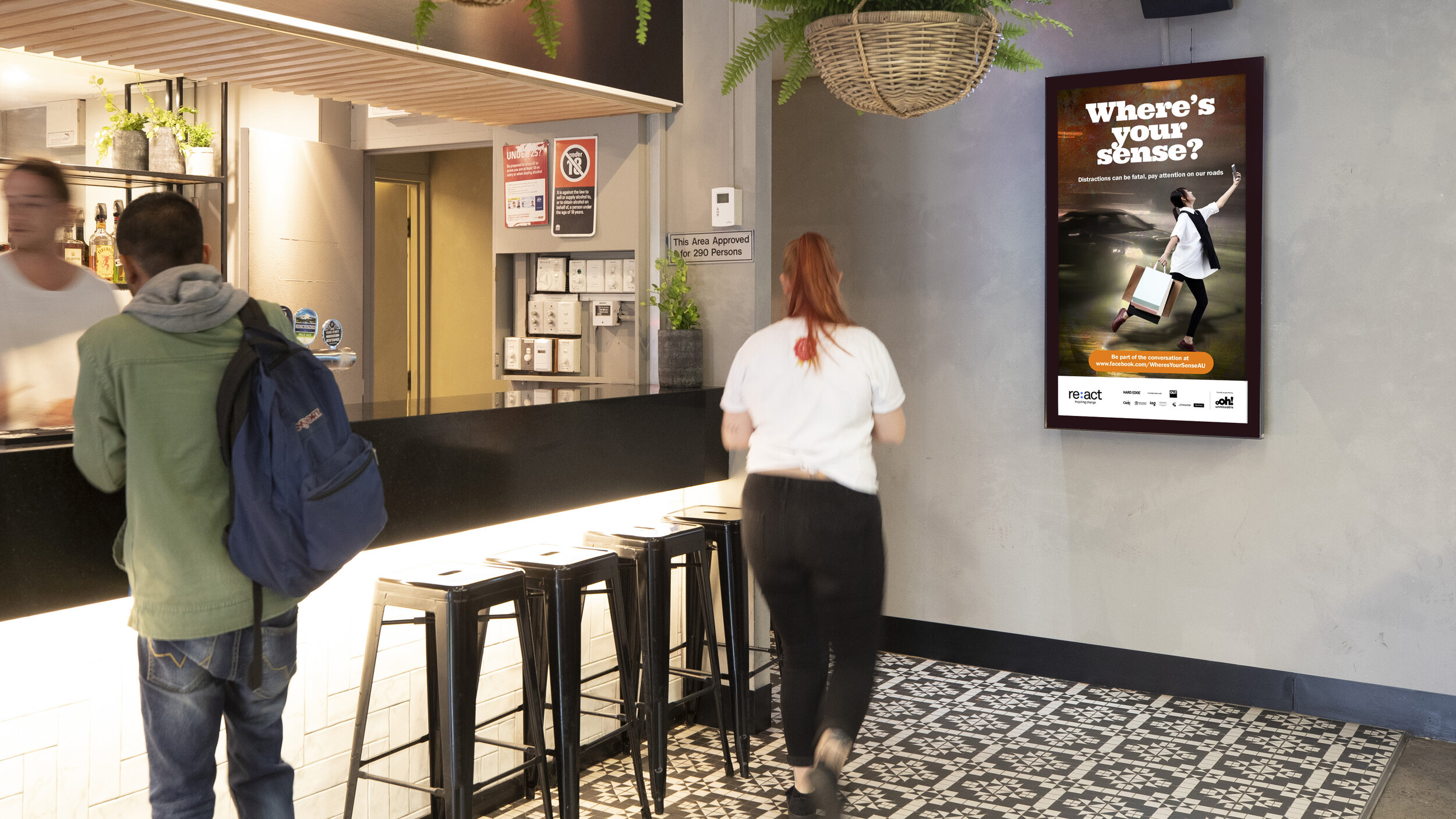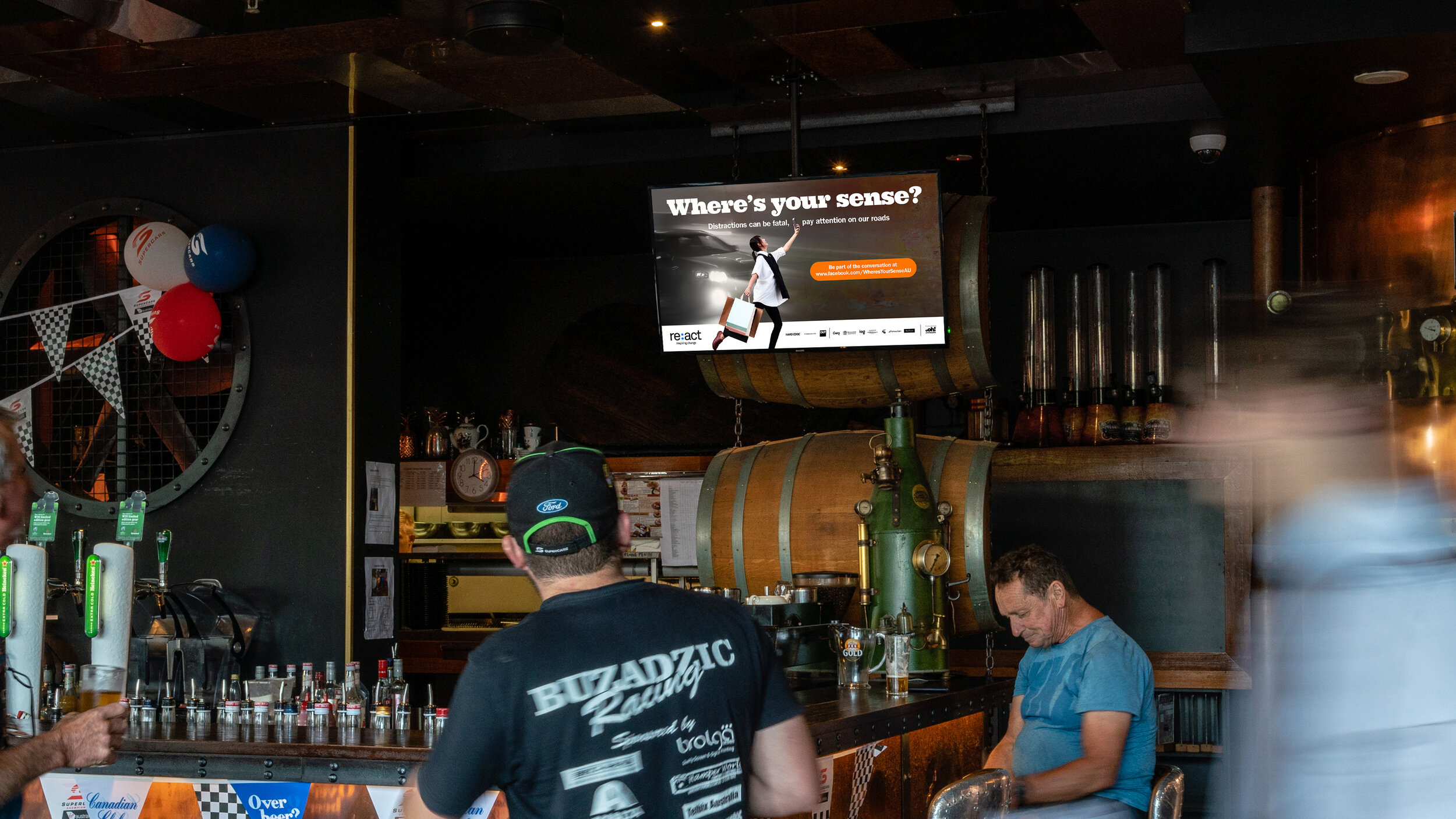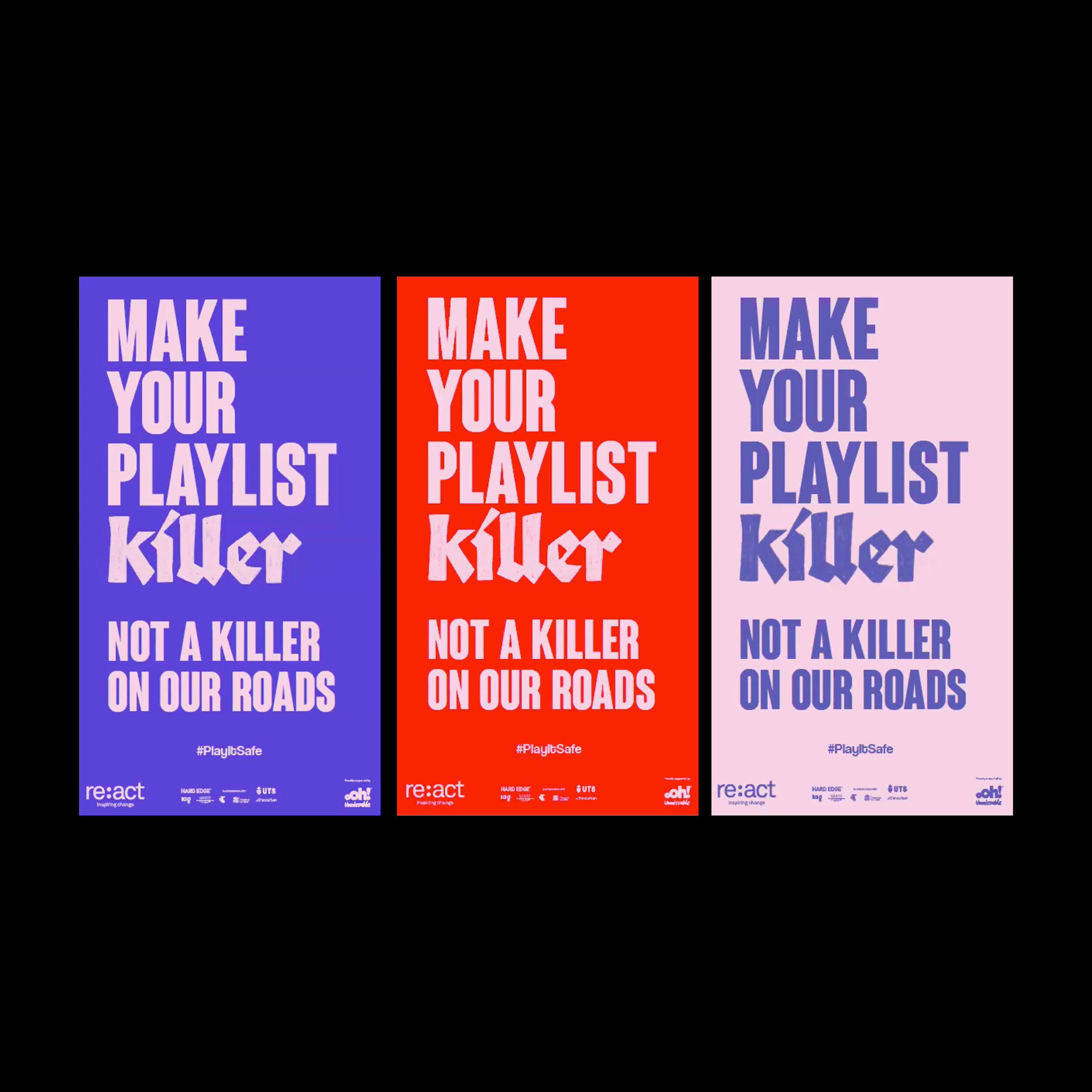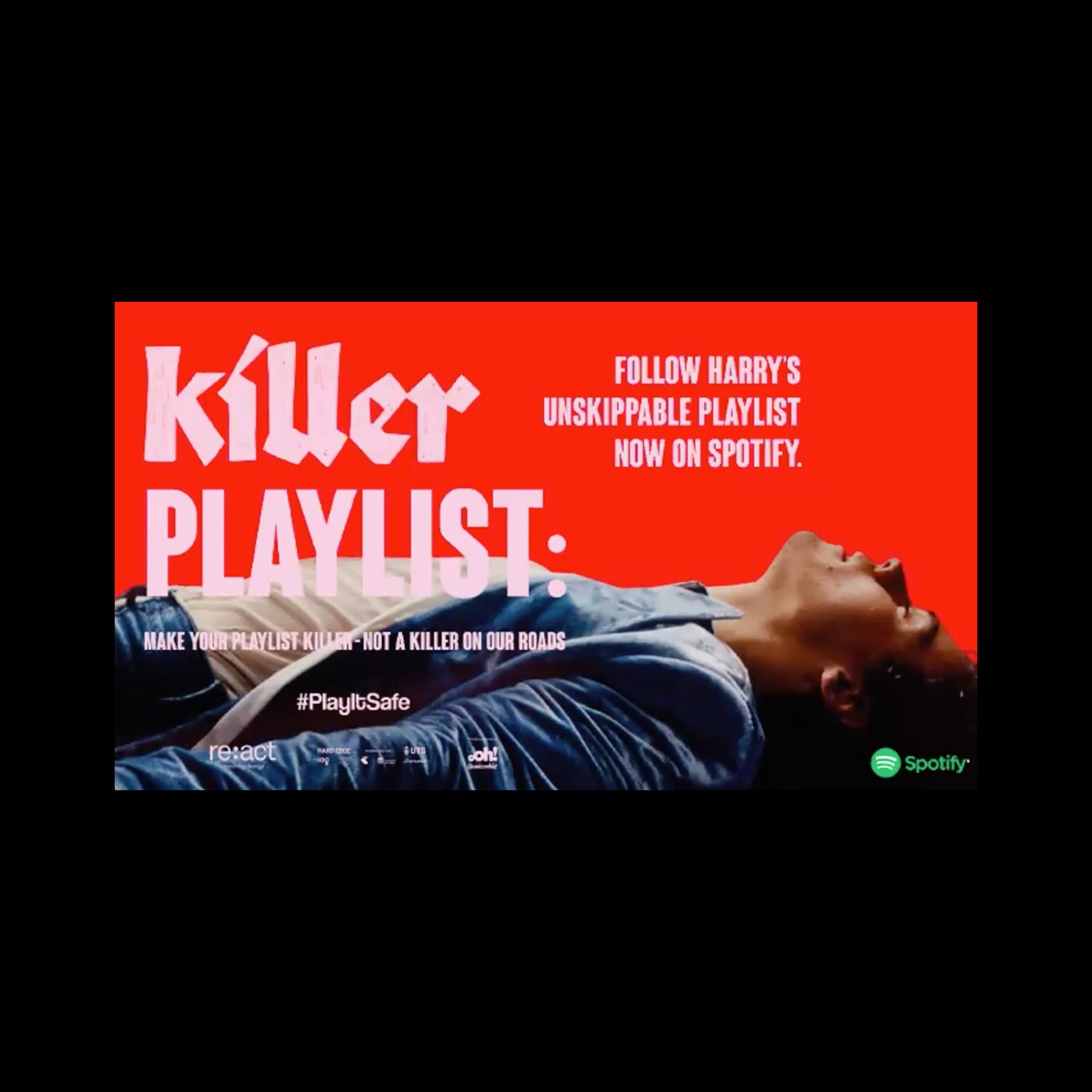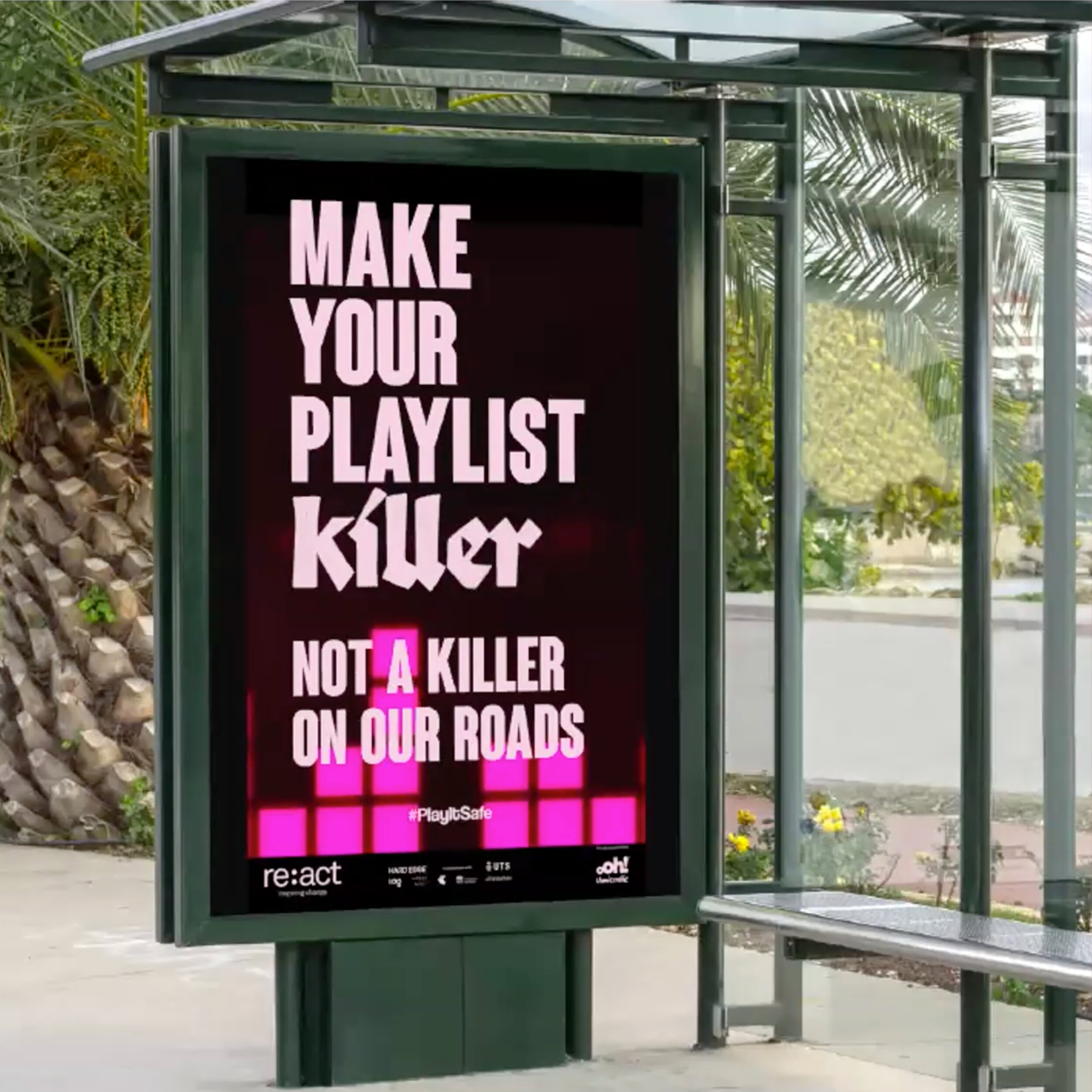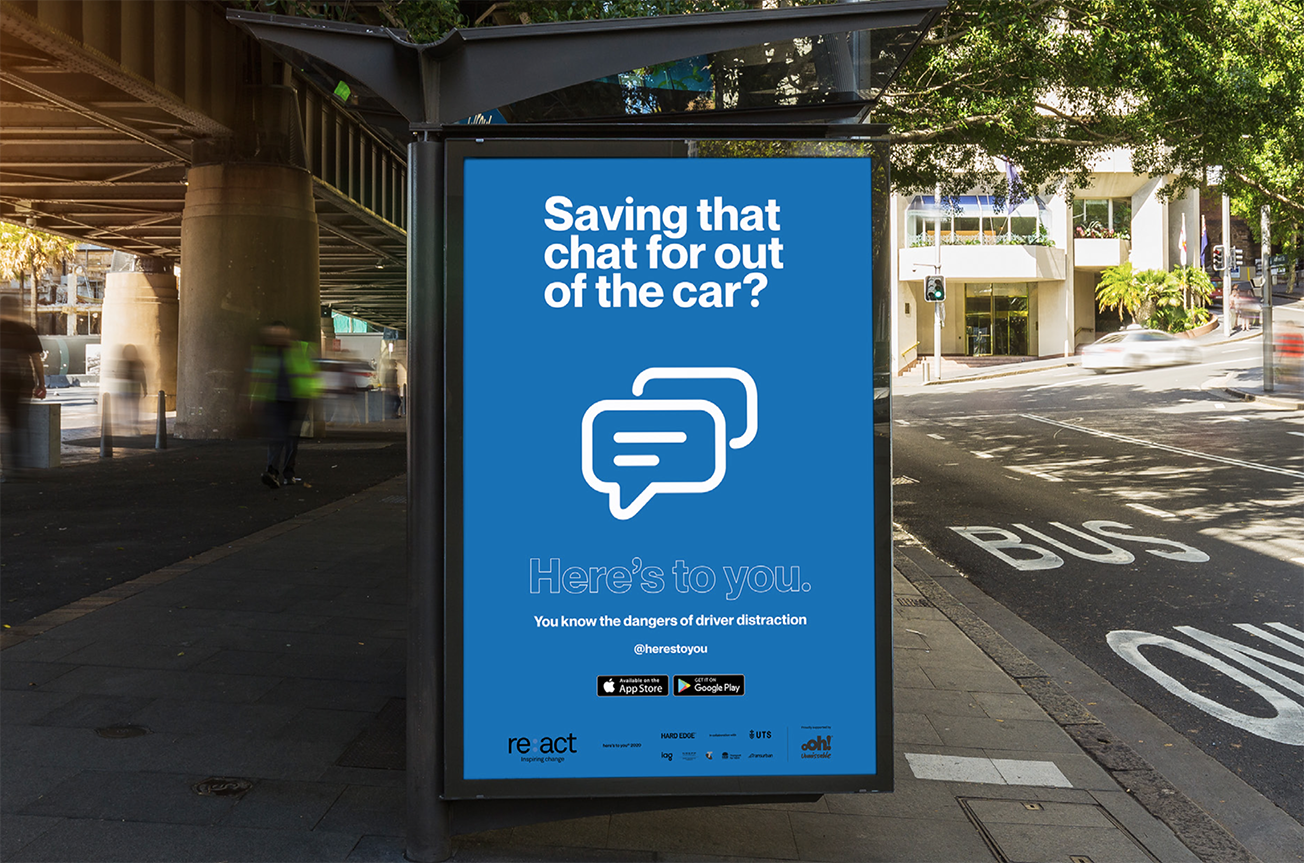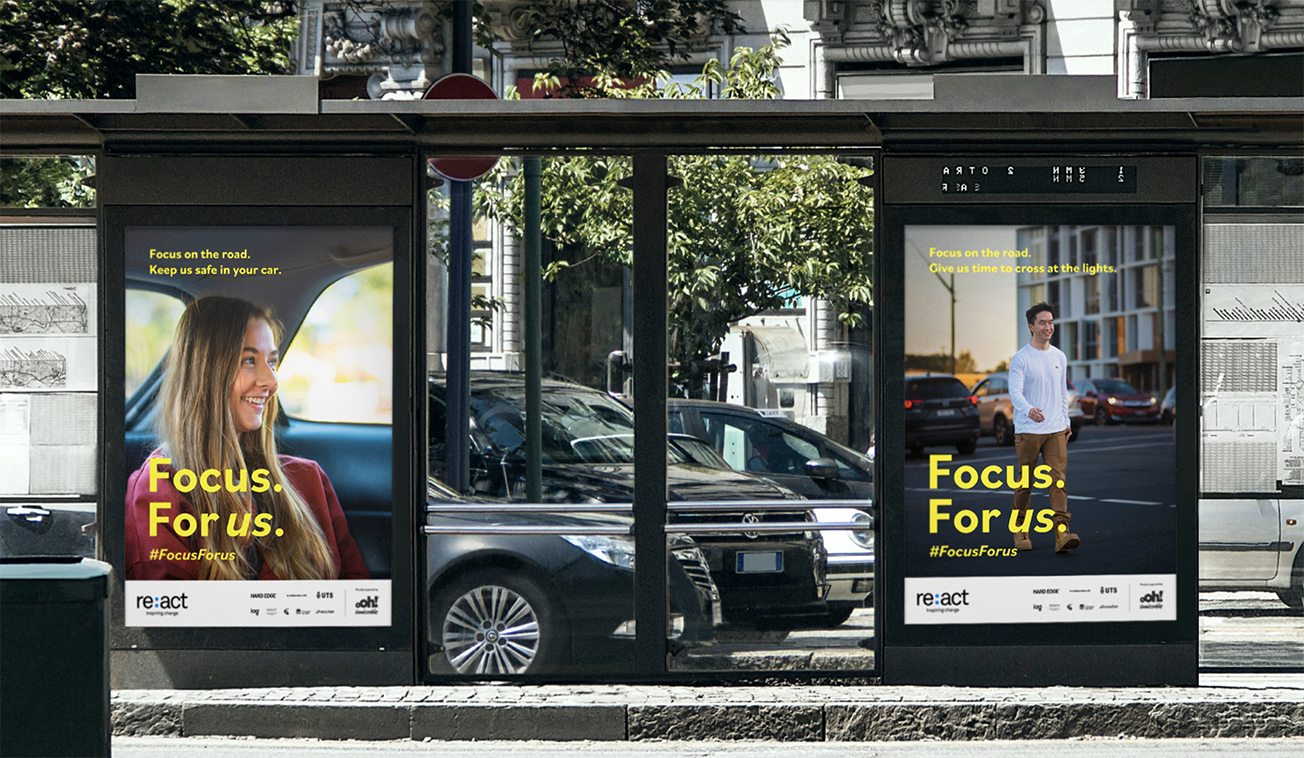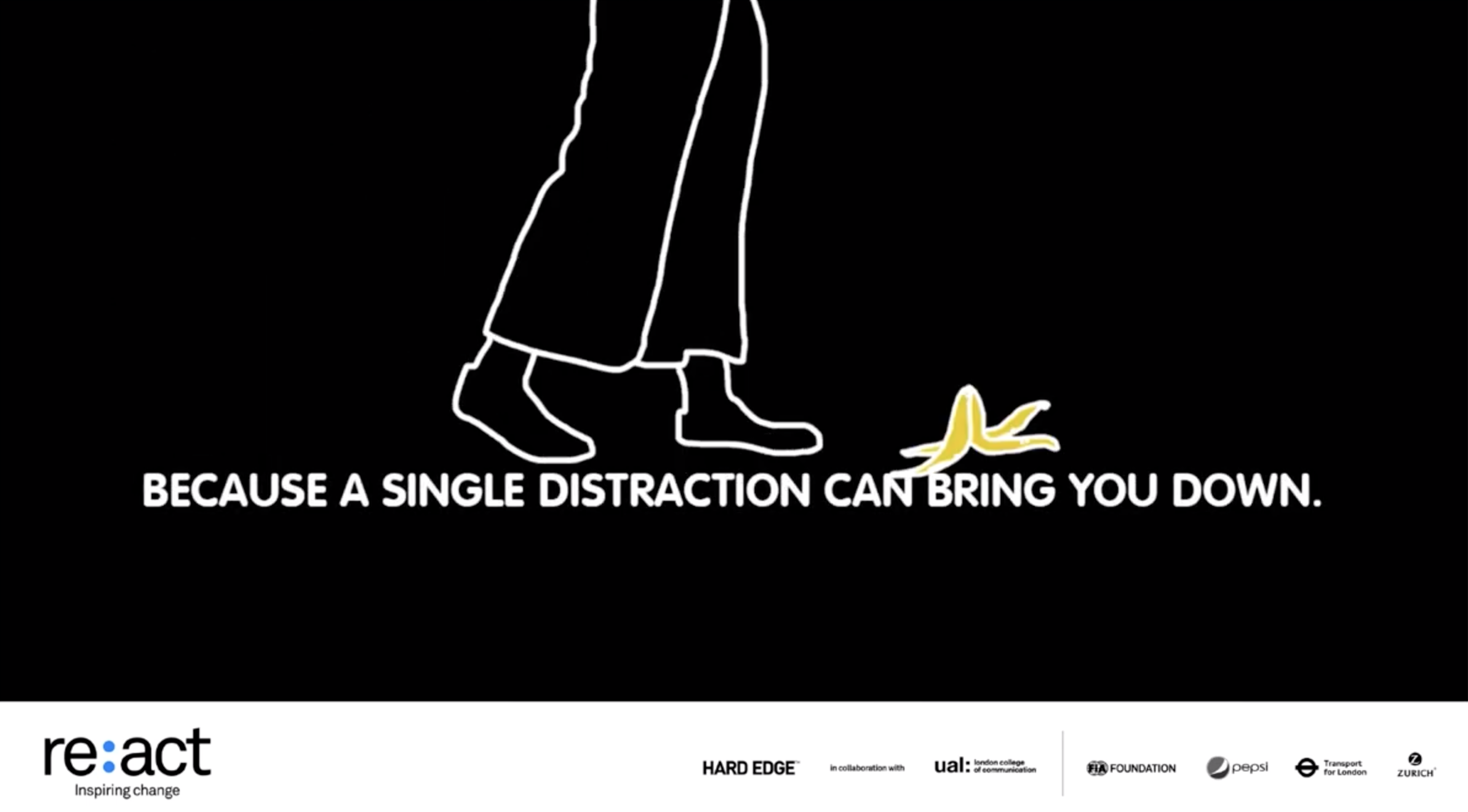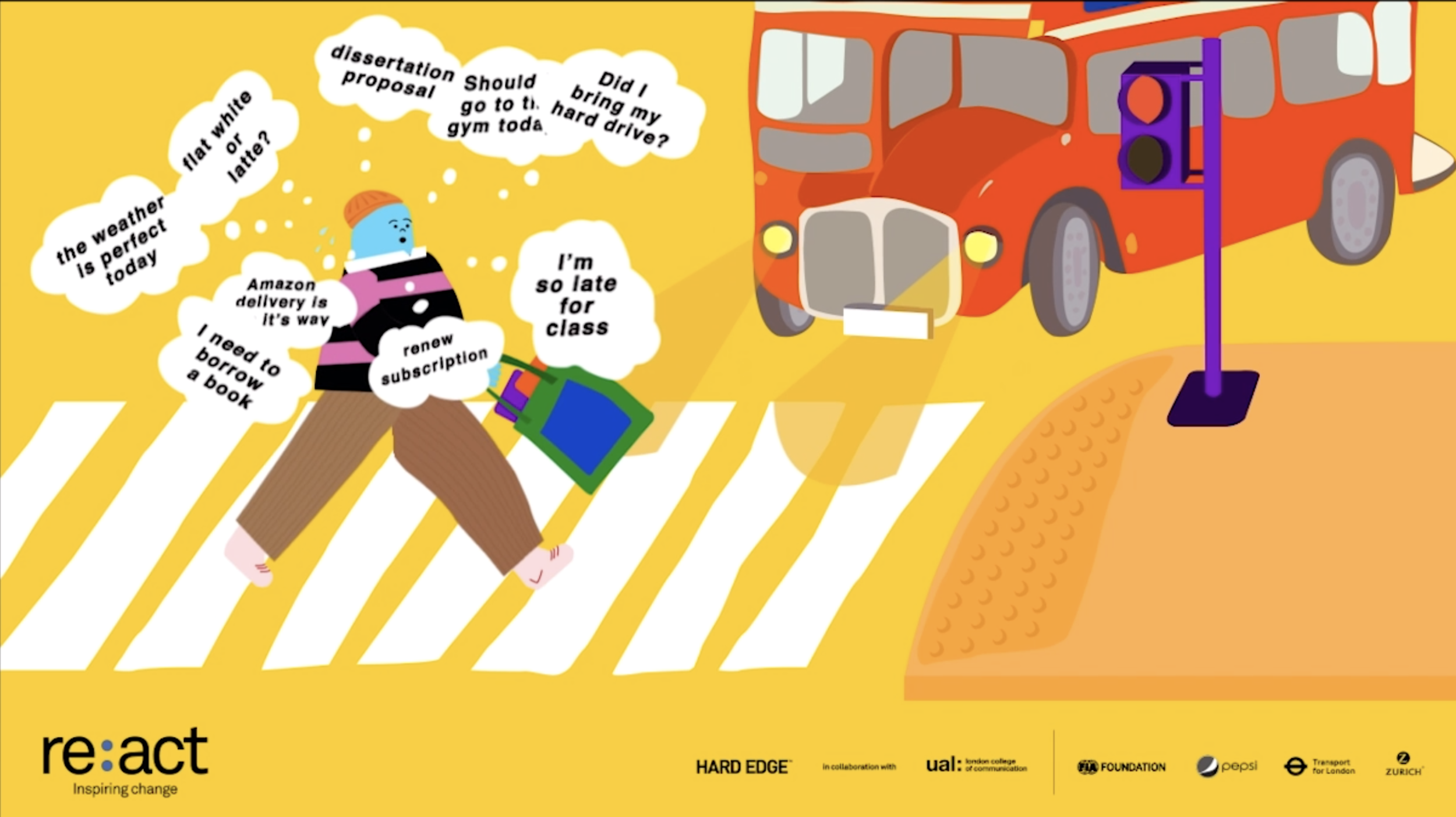A clever and eye-catching campaign, created by University of the Arts London student Agota Rencsenyi, is the selected London campaign for the 2021 Re:act international road safety behaviour change program.
Re:act challenges local university students to create a campaign that raises awareness among 18-25 year old road users of a critical road safety issue. An initiative of strategic behaviour change agency Hard Edge, it is the second successive year the international program has been conducted in London.
After focusing on distraction in 2020, the topic for Re:act London 2021 was ‘vulnerable road users and drivers: shared responsibility’. A vulnerable road user (VRU) is a pedestrian, cyclist or motorcyclist who uses or interacts with the road system.
The ‘Shells’ campaign will be launched in the second half of 2021 on retail and roadside assets across London with the support of new Re:act UK Out Of Home media partner, Ocean Outdoor.
“In 2021, Re:act London aimed to build understanding and empathy among all road user groups to highlight our shared responsibility for safety on and around our roads,” Re:act founder Andrew Hardwick said.
“Agota’s ‘Shell’ campaign is a brilliant execution of that idea, building a sense of community by highlighting that we are all ‘fragile’ and we all play a part in keeping each other safe.”
Agota Rencsenyi said her aim was to create a positive campaign that promoted empathy and shared responsibility among young VRUs and drivers. Participating in Re:act had been a rewarding experience that had changed her own perspective on road safety.
“My campaign highlighted that not everyone has the same ‘shell’ or protection on the road, and that we are all fragile regardless of how we choose to travel,” she said.
“Working on this brief with Re:act was an incredible experience. Re:act not only made me realise how important it is to talk about road safety but also challenged me to think about my own biases and the part I have to play as a designer and a road user. I no longer presume that the responsibility of road safety lies with others, rather it all begins with me as an individual.
“It is extremely rewarding knowing that I can prompt change through my work.”
FIA Foundation Media & Public Affairs Manager Kate Turner added: “The FIA Foundation is pleased to support the second year of the Re:act international road safety programme, to address the leading killer of young people around the world.
“The ‘Shells’ campaign promotes safer streets with a charming combination of humanity and humour to encourage road users to think about how they consider each other’s vulnerabilities as they share the road.”
Helen Fallon, Transport for London Principal City Planner added: “I have really enjoyed being part of the panel for this programme, which forms a great way to raise the awareness of our shared responsibility for safety on our roads.
“I was really impressed with the level of enthusiasm, understanding of the objectives of the campaign and creativity shown by all the students. It was evident that partner feedback was taken on board as the campaigns progressed.
“While there were many strong campaigns, the ‘Shells’ campaign really made me smile. I think the illustrations will promote empathy among different road users in a fun way with a tagline that supports the message of sharedresponsibility, making it a really engaging campaign.”
Adam Canton, from program partner Zurich Resilience Solutions, added: “It’s been a privilege to be involved in this year’s Re:act campaign. The students all grasped the key safety theme while coming up with such a diverse range of creative and thought provoking interpretations.
“The selected campaign delivers the messaging brilliantly and is a lot of fun too – I’m sure it will resonate with the public. Congratulations to all the students involved and best wishes for your future careers.”
Ocean’s Chief Revenue Officer Nick Shaw said: Road safety continues to be an incredibly important issue and we are pleased to support this campaign which will reach thousands of London road users where it matters most – on the streets themselves.
“Congratulations to Agota. We all need to be more considerate of each other and her outdoor campaign gets right to the point.”
Visit reactforchange.com to learn more about the Re:act program.
